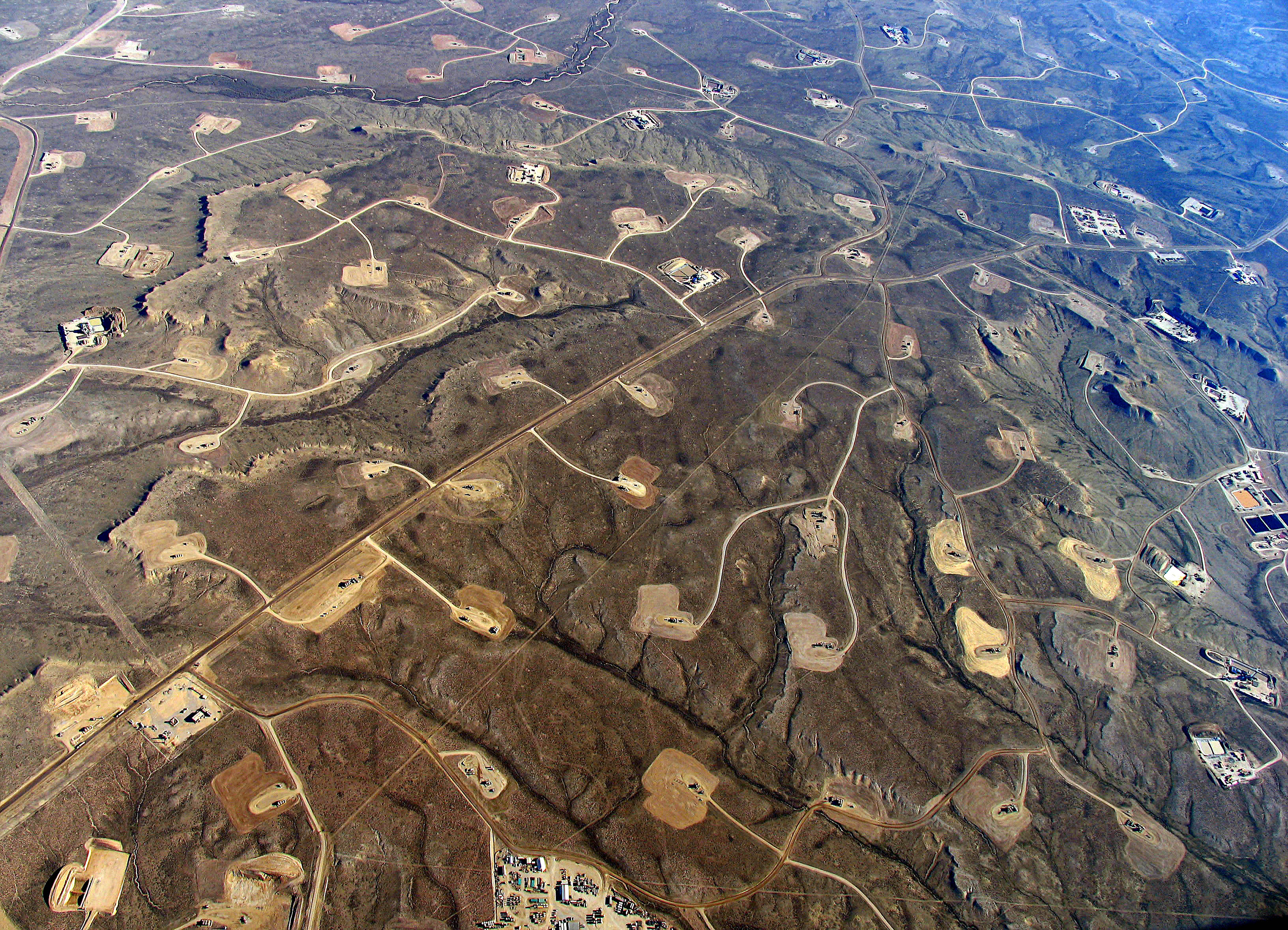The rush to exploit and sell fossil fuels as quickly as possible before the reality of climate disruption becomes too great to deny or ignore has generated some Orwellian rationalizations. Somehow a bitumen pipeline has become part of Canada’s plan to tackle the climate crisis. Another fossil fuel, fracked gas, is being touted as a climate solution.
It’s twisted logic that exposes a lack of honesty, imagination and courage from many of those we elect to serve us. Pipeline proponents say we need the money to fund the transition to green energy. That’s like saying we have to sell cigarettes to fund lung cancer research. It’s also premised on the idea that “we can’t get off fossil fuels overnight” — something I’ve been hearing since I started talking about climate change decades ago, during which we’ve done little to get off them at all.
Natural gas, which now almost always means liquefied fracked gas, is being vaunted as a climate remedy because it burns cleaner than coal. In Canada and the U.S., governments are so intoxicated by the dollars that they’re helping industry build as quickly and massively as possible. As research in Canada and the U.S. shows, it’s not a climate solution; it’s another way to keep fossil fuels burning.
Natural gas is mostly methane, a greenhouse gas about 86 times more potent than carbon dioxide over a 20-year period. It’s responsible for about a quarter of atmospheric warming, and emissions are rising. Scientists estimate about 40 per cent is from natural sources, while 60 per cent is human-caused — from agriculture, landfills, coal seams and oil and gas industry leakage. Even some natural emissions are indirectly caused by human activity. For example, human-caused global heating is causing permafrost to melt, which releases methane.
Research by the David Suzuki Foundation and St. Francis Xavier University revealed methane pollution from B.C.’s oil and gas industry is at least 2.5 times higher than reported by industry and government. Studies in Alberta and the U.S. reached similar conclusions.
New research from Global Energy Monitor, a U.S. non-governmental organization that tracks fossil fuel development, found even greater problems with the recent fracking frenzy. Its report, The New Gas Boom, found that the 202 liquefied natural gas (LNG) terminal projects being developed worldwide — including 116 export terminals and 86 import terminals — represent warming impacts “as large or greater than the expansion of coal-fired power plants, posing a direct challenge to Paris climate goals.” Canada and the U.S. account for 74 per cent of these developments.
The report also questions the long-term viability of this gas rush, cautioning that many developments could become “stranded assets,” given rapidly falling renewable energy costs. It points out that, because only eight per cent of terminal capacity under development has reached the construction stage, “there is still time to avoid overbuilding.”
Beyond its climate impacts, fracking comes with a range of environmental and health problems, including earthquakes, contaminated water, excessive water use and health issues. A recent review of more than 1,500 scientific studies, government assessments and media reports by the Concerned Health Professionals of New York and Physicians for Social Responsibility concluded that fracking contaminates air and water with chemicals that can cause serious health problems — especially in children, pregnant women and other vulnerable people, as well as industry workers — including cancer, asthma and birth defects.
Yet, the B.C. and federal governments are going all out to help foreign-owned gas companies. B.C. says total financial incentives for the $40 billion LNG Canada project — owned by Royal Dutch Shell, Mitsubishi Corp., Malaysian-owned Petronas, PetroChina Co. and Korean Gas Corp. — are $5.35 billion. The breaks are in the form of sales, income and carbon tax exemptions, rebates and reductions; reduced electricity rates; and generous royalty credits. The federal government is also offering tariff exemptions and infrastructure improvements amounting to more than $1.2 billion.
Conserving and using energy more efficiently, rapidly declining renewable energy costs and advances in clean energy, energy storage and power grids make continued climate-altering fossil fuel development unnecessary. But our current economic system demands the kind of massive profits and continued growth that fossil fuel development entails.
Change is never easy, but given everything at stake, choosing clean energy over dirty should be obvious.
David Suzuki is a scientist, broadcaster, author and co-founder of the David Suzuki Foundation. Written with contributions from David Suzuki Foundation Senior Editor and Writer Ian Hanington.
Learn more at davidsuzuki.org/.
Image: Bruce Gordon via EcoFlight



